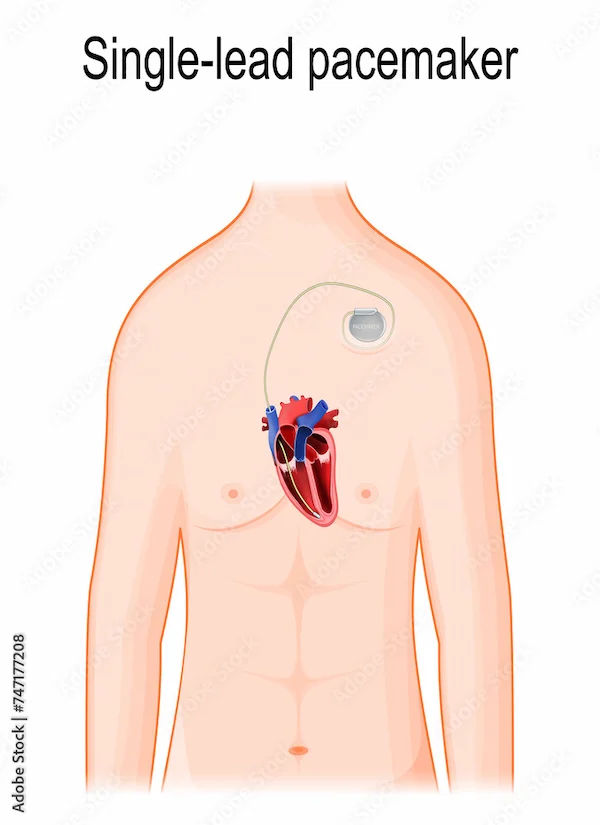- female
- 60 Years
- 29/01/2025
My mom's blood pressure is reading 10090, and the doctor told her to take Losar 50. Should she take it in the morning or at night? A couple of months ago, she was on Amlodipine 5, but she'd stop when her blood pressure looked normal. Is that okay, or should she stick with the medication even if she feels better?
Answered by 1 Apollo Doctors
Unwanted 72 is an emergency contraceptive pill.
Frequency of Use
- Not recommended for frequent use: Unwanted 72 is designed for emergency situations, not regular contraception.
- Maximum frequency: Not more than 2-3 times in a year, as frequent use can lead to hormonal imbalances.
Twice in a Month
- Not recommended: Taking Unwanted 72 twice in a month can disrupt your menstrual cycle and hormonal balance.
- Potential problems:
- Irregular periods
- Heavy or prolonged bleeding
- Mood swings
- Breast tenderness
- Nausea and vomiting
- Headaches
Long-term Consequences
- Hormonal imbalance: Frequent use can lead to hormonal imbalances, affecting fertility and menstrual regularity.
- Impact on fertility: Repeated use may affect ovulation and fertility.
Alternative Contraception Methods
- Consult a gynecologist: Discuss long-term contraception options, such as oral contraceptives, IUDs, or condoms.
- Regular contraception: Switch to a regular contraception method to avoid frequent use of emergency contraceptive pills.
Dr. Chandra Suggests...
Consult a Cardiologist
Answered 04/07/2025
0
0

More Cardiology Health Queries
View allI'm thinking about trying EECP therapy for my dad. He had a heart attack two years ago and he's got a stent in one artery, while the other two are clogged with 90% and 80% blockages. I've heard a lot of positive things about this natural bypass therapy, and some hospitals do offer it. But I'm just not sure about the results. Is it really effective? Or would angioplasty be the better option here?
EECP therapy can be a beneficial option for your father's condition. It is a non-invasive treatment that can help improve blood flow to the heart muscle by promoting the development of collateral circulation. However, in the case of significant blockages like 90% and 80% in his arteries, angioplasty may be a more suitable option to directly address the blockages. For the blockages your father has, angioplasty with stent placement may be recommended to open up the blocked arteries and improve blood flow to the heart. This procedure can help reduce symptoms and lower the risk of future heart-related complications. I recommend discussing these treatment options with your father's cardiologist to determine the most appropriate course of action based on his individual condition and medical history.
Answered by 1 Apollo Doctors
I'm really worried because my dad had a heart attack yesterday. After he got an injection, he seemed better, but today, we went to another hospital for an angiogram. They found two blockages that are over 80% and now theyre saying he needs angioplasty. I'm really wondering, what happens if we dont go through with the angioplasty? Are there other options we could consider? And is there any way we can try to clear the blockages naturally from home?
If the blockages in the coronary arteries are more than 80%, it is crucial to address them to prevent further complications such as another heart attack or even death. If angioplasty is not performed, the blockages can lead to reduced blood flow to the heart muscle, causing chest pain (angina), shortness of breath, and in severe cases, a heart attack. The main alternative to angioplasty for severe blockages is coronary artery bypass grafting (CABG) surgery, where a healthy blood vessel is used to bypass the blocked artery. However, the decision between angioplasty and CABG depends on various factors and should be discussed with the treating cardiologist. As for natural ways to remove blockages at home, it is important to note that while lifestyle changes such as a healthy diet, regular exercise, and not smoking can help prevent further blockages, they may not remove existing severe blockages. It is always best to follow the medical advice of your healthcare provider for the most appropriate treatment in this situation.
Answered by 1 Apollo Doctors
I've been taking a tablet every day for my blood pressure, and now my doctor has also prescribed stemetil MD 5 mg twice a day for 5 days. I'm just wondering if there are any interactions or side effects I should be aware of with this combination?
Stemetil MD 5mg, containing prochlorperazine, is typically prescribed for nausea, vomiting, and vertigo, and taking it twice daily for 5 days is likely intended to address a specific symptom or condition, such as migraines or inner ear disturbances, rather than directly affecting your blood pressure management.
Answered by 1 Apollo Doctors
Disclaimer: Answers on Apollo 247 are not intended to replace your doctor advice. Always seek help of a professional doctor in case of an medical emergency or ailment.




.webp)
